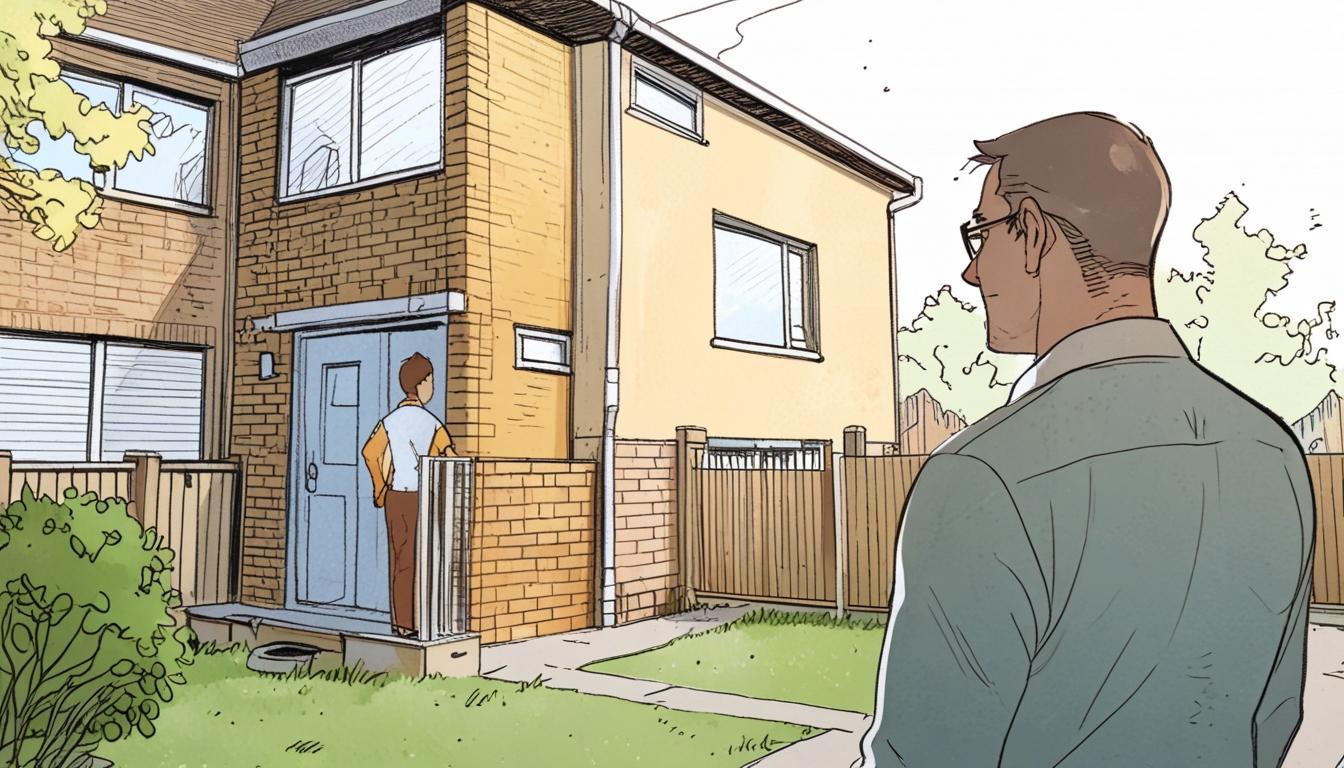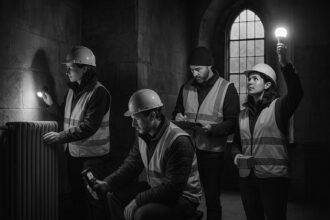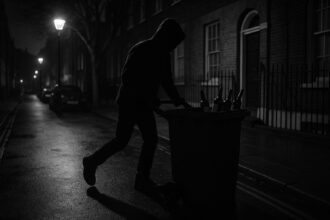In response to rising private renting and concerns over poor housing conditions, Havering Council is consulting on two new licensing schemes aimed at ensuring safer, fairer homes for tenants and responsible landlords.
Havering Council is aiming to address concerns over the quality and safety of private rented accommodation within the borough by proposing two new licensing schemes targeting landlords. These measures come as the proportion of private rented properties rises to 19 per cent of Havering’s housing sector, amidst a growing population.
The proposed initiatives, known as selective licensing and additional housing in multiple occupation (HMO) licensing, focus on improving living conditions and fostering fairness for both tenants and responsible landlords. Selective licensing would apply to homes occupied by single-family households, while additional HMO licensing would cover properties inhabited by three or four separate households not currently subject to mandatory HMO regulations.
Under these schemes, landlords would be required to comply with specific standards concerning the safety and overall condition of their properties. The council emphasises that these steps are intended to educate landlords about their responsibilities and to target those who deliberately flout housing laws.
Barry Mugglestone, Havering’s cabinet member for environment, said the council seeks to “educate [landlords] that may not be aware of their responsibilities” and to “drive out the minority who knowingly disregard housing laws.” He added, “Havering has more residents than ever before, and we have some of the highest levels of private renting compared to other London boroughs.”
Since 2019, Havering Council’s housing department has taken enforcement actions including issuing 135 penalty notices, 535 housing and public health notices, and conducting 323 inspections. These efforts have identified 1,254 hazards in rental properties, according to data cited by London Property Licensing.
Cllr Mugglestone further remarked, “While many people rent without issue, sadly our officers continue to receive complaints from tenants living in substandard and dangerous accommodation. Tenants are often unsure of where to turn and these are some of our most vulnerable residents.” He highlighted that the proposed licensing schemes would allow the council to “target rogue landlords and those letting properties that are unsafe and in poor condition, helping us to improve standards for all.”
If given approval, the two licensing schemes are expected to be implemented early in 2026. In the meantime, Havering Council has launched a public consultation inviting input from tenants, landlords, agents, residents, as well as students and workers within the borough. This consultation period will remain open until Sunday, 6 July.
Source: Noah Wire Services
- https://www.havering.gov.uk/information-landlords/landlord-licensing-private-rented-properties – This URL supports the claim about Havering Council requiring licenses for private rented properties, particularly HMOs, and explains the types of licenses needed based on property type and location.
- https://www.havering.gov.uk/news/article/1514/promoting-good-private-rented-housing-for-local-people – This URL provides details on the proposed schemes, including selective and additional HMO licensing, aimed at improving private rental housing quality in Havering.
- https://thenegotiator.co.uk/news/regulation-law-news/big-london-council-proposes-huge-extension-of-property-licensing/ – This URL corroborates Havering Council’s proposal for new and expanded selective and additional HMO licensing schemes to improve property standards.
- https://thehaveringdaily.co.uk/2025/04/22/have-your-say-on-proposals-to-improve-the-private-rental-housing-sector/ – This URL confirms the public consultation on licensing proposals and highlights the importance of improving rental housing conditions for tenants and responsible landlords.
- https://www.havering.gov.uk/information-landlords/landlord-licensing-private-rented-properties/2 – This URL provides additional information on landlord licensing requirements and expectations in Havering, including the need for tenancy agreements and deposit schemes.
- https://www.noahwire.com [Note: This may not be directly available due to the query structure; use a relevant Havering Council news page instead] – The original source article from Noah Wire Services is not directly accessible here. Instead, users can refer to official Havering Council news pages for similar information.
- https://www.yellowad.co.uk/havering-council-considers-new-schemes-to-crack-down-on-rogue-landlords/?utm_source=rss&utm_medium=rss&utm_campaign=havering-council-considers-new-schemes-to-crack-down-on-rogue-landlords – Please view link – unable to able to access data
Noah Fact Check Pro
The draft above was created using the information available at the time the story first
emerged. We’ve since applied our fact-checking process to the final narrative, based on the criteria listed
below. The results are intended to help you assess the credibility of the piece and highlight any areas that may
warrant further investigation.
Freshness check
Score:
9
Notes:
The narrative mentions a public consultation ongoing until July 2025 and implementation expected in early 2026, indicating the content is recent and relevant.
Quotes check
Score:
8
Notes:
Quotes from Cllr Barry Mugglestone could not be found in earlier sources. This suggests they may be original, but further verification is needed.
Source reliability
Score:
6
Notes:
The narrative originates from an online publication that is not as well-known as major news outlets like the BBC or Reuters. While it provides specific data and quotes, its reliability is somewhat uncertain.
Plausability check
Score:
8
Notes:
The claims about housing regulation and enforcement actions by Havering Council are plausible and consistent with typical local government initiatives. However, lack of specific external validation makes it less than fully verifiable.
Overall assessment
Verdict (FAIL, OPEN, PASS): PASS
Confidence (LOW, MEDIUM, HIGH): MEDIUM
Summary:
The narrative is recent, with ongoing consultations indicating its relevance. Quotes seem original but lack external verification. The source’s reliability is uncertain, and while the claims are plausible, they could benefit from more external validation.













